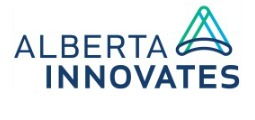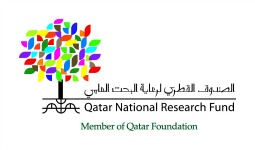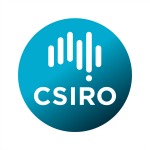What is research impact assessment (RIA)?
The ‘science of science’ is a growing field of practice that is interested in science and innovation, research ecosystems and the effective management and administration of research funding. Understanding ‘what works’ in research funding is fundamental to the successful construction of knowledge-based societies and economies. And understanding ‘what works’ is predicated on the ability to measure the impact of research.
The importance of research impact assessment is growing as organisations are required to be accountable for public and donor money invested in research, to analyse and learn how to fund research effectively, to advocate for future R&D investments, to allocate research funds for optimising returns, and to maximise the value of the money invested.
The incorporation of research impact assessment into the day-to-day operations of research funders and research performers is still scarce. The reasons for this are varied, but may include: the complexity of the theoretical modeling; the diversity of methods and benchmarking; and the challenges of communicating and delivering results. To be a practitioner proficient in the assessment of research impact requires both expertise and experience grounded in a mutual learning environment. Currently, the demand to assess impact or return on investment outstrips the capacity to do that assessment, and this is the learning gap that ISRIA aims to address.






.png)